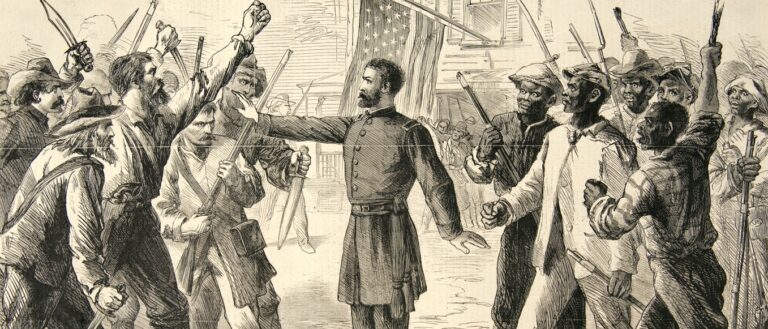
What arguments did writers make before the Civil War for the abolition of slavery? How did they frame their appeals in moral, social, political, and economic terms? How did the war’s purpose shift from “saving the union” to destroying slavery? What would freedom mean for former slaves, for Southern society, and for the nation as a whole, according to various writers both before and after the war?
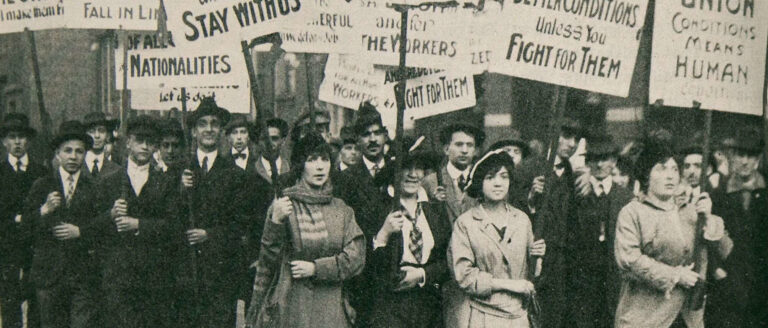
What were working conditions like in Chicago during the late nineteenth and early twentieth centuries? What efforts did workers make to change these conditions? How did industries—and the public—respond to their demands?

What is the history of political radicalism in Chicago from the 1880s through the 1950s? How did the government and the public respond to radical movements?
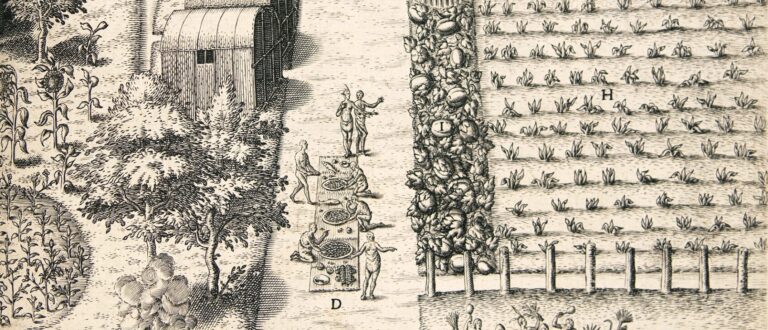
What is the historical and literary context for Shakespeare’s representation of Prospero’s island and its inhabitants? How did Renaissance writers and artists portray the European exploration of the Americas? How did that exploration inspire their visions of an ideal society?
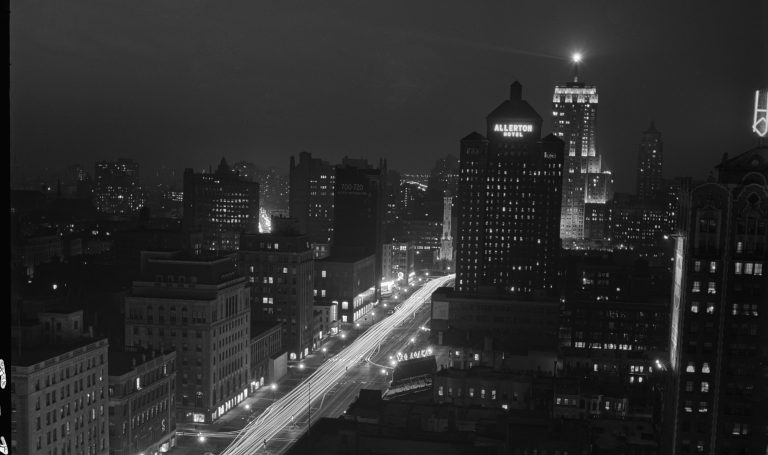
How have writers and artists portrayed the city of Chicago? How did they respond to the city’s changing population and character during the nineteenth and twentieth centuries?
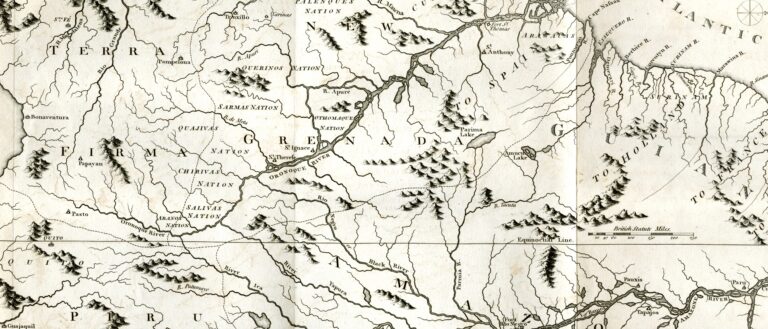
How does Behn’s novel Oroonoko compare to other representations of race, slavery, and colonialism in the seventeenth and eighteenth centuries?
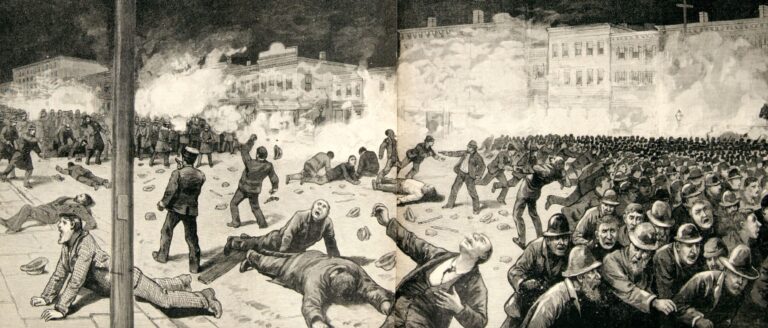
What forms has dissent taken in U.S. history? What is the role of dissent in a representative democracy?
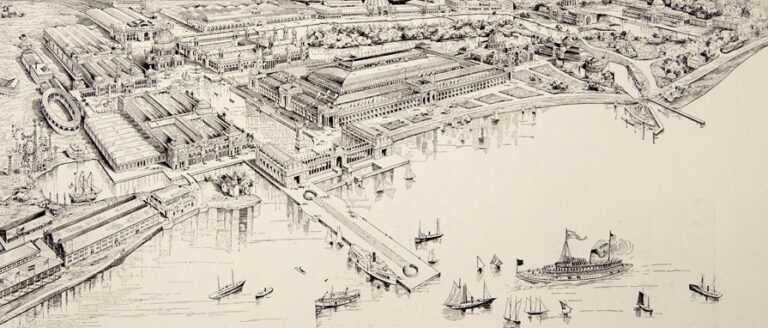
What did visitors to the World’s Columbian Exposition experience? How did the Exposition’s White City compare to the actual city of Chicago?









